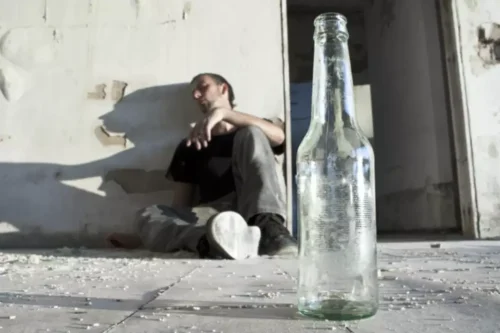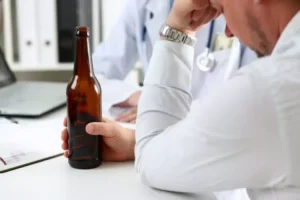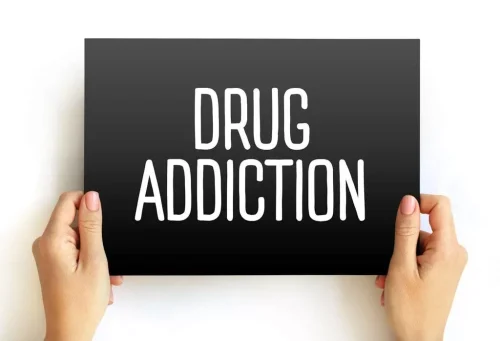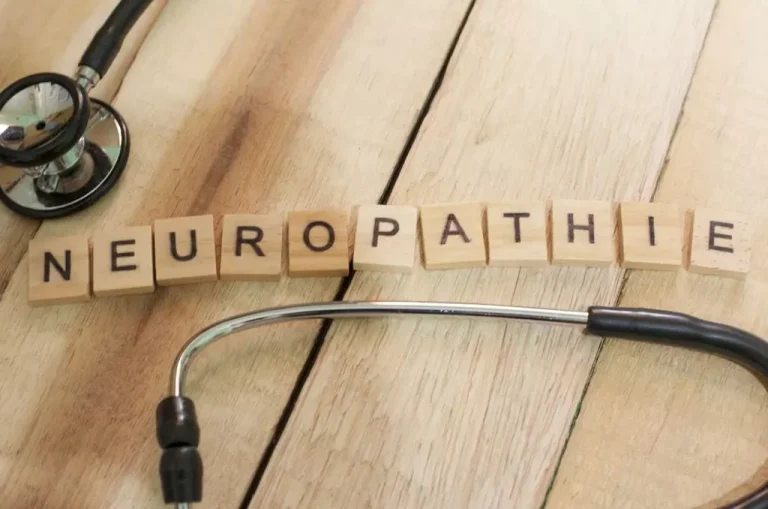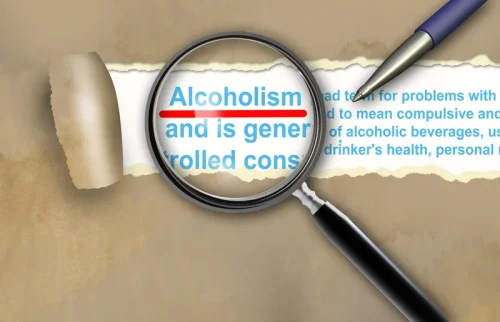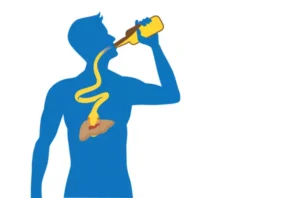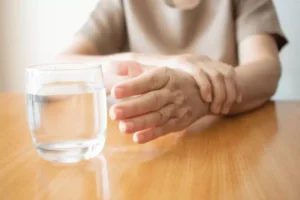
However, it’s essential to remember that recovery is not a race but a personal journey. The FHE Health team is committed to providing accurate information that adheres to the highest standards of writing. If one of our articles is marked with a ‘reviewed for accuracy and expertise’ badge, it indicates that one or more members of our team of doctors and clinicians have reviewed the article further to ensure accuracy. This is part of our ongoing commitment to ensure FHE Health is trusted as a leader in mental health and addiction care. Mental health conditions go beyond hurting you to harming your family and friends. Long-term care gives all affected parties time to work through anger, distrust, and disappointment before reuniting.
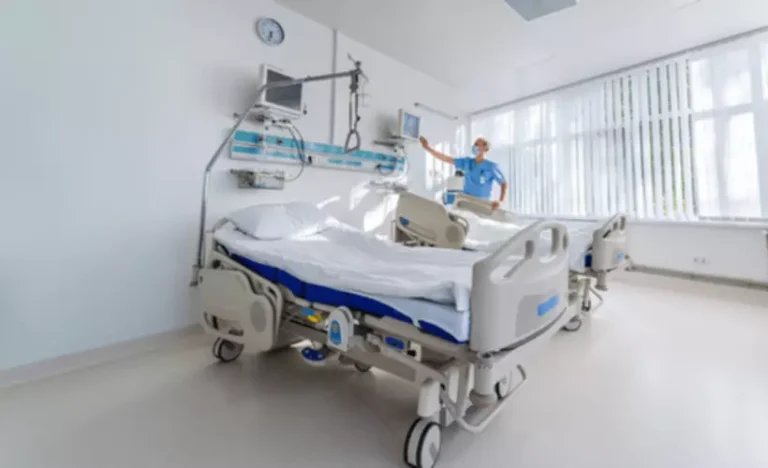
Finding Your Initial Care at FHE Health
We strive to create content that is clear, concise, and easy to understand. “We understand the pressing need for this recovery residence in Collier County and look forward to presenting it before the planning commission at a future date,” he said. The location for the 24-bed residence, to be called Hope Home II, is adjacent to an existing six-bed recovery home run by David Lawrence called Hope Home.
What Are the Stipulations of Recovery Residences?
Consulting with your support network, including therapists and staff at the sober living home, can provide valuable insight into whether you’re ready to move on to the next phase of your recovery journey. The 25 member facilities of the American Residential Treatment Association are dedicated to providing extraordinary care to adults with mental illness. We’re also dedicated to helping you find the residential treatment facility that provides the optimal setting in which an adult with psychiatric illness can restore his or her mental health. If you’ve decided on residential care, or are considering it, the resources on our site can help you make the best match. Number of different research studies have investigated the effectiveness of these transitional living environments.
Effectiveness of Sober Living Homes

However, most halfway homes have the goal of supporting you to recovery through a structured environment. They offer a higher level of focus on social support, giving you someone to talk to and help you. They also provide the same types of services most sober homes do, such as helping you to make it to 12-step meetings and teaching you life skills.
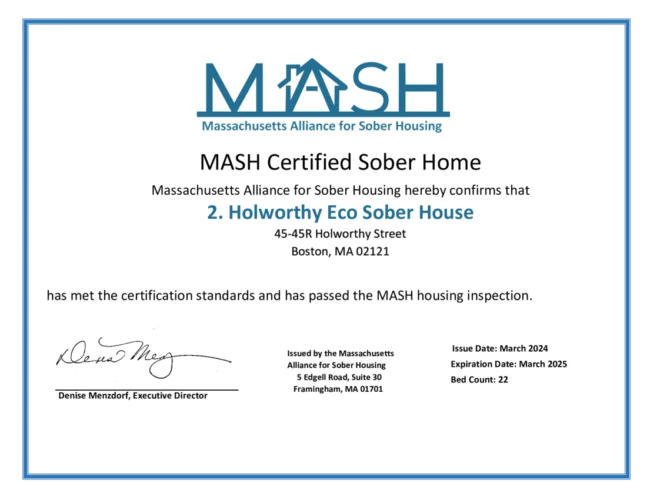
Rollins Campus
- We do not receive any commission or fee that is dependent upon which treatment provider a caller chooses.
- However, you’re not restricted from socializing, relaxing, and pursuing hobbies.
- Residential treatment usually is the best level of care for individuals leaving a hospital or locked psychiatric acute care facility.
- Over the years, sober living houses have evolved to meet the needs of those in recovery.
Our residential treatment program is in-network with most major private insurance providers. Many client families use a combination of insurance, private pay, and financial aid awards (if eligible) to cover the costs of treatment. Financial counselors are available to help families understand their potential financial responsibility prior to admission. Long-term facilities, as opposed to short-term interventions, what is a recovery residence concentrate on ongoing therapy and rehabilitation, offering residents a stable, therapeutic setting that promotes healing. One of the most important things to think about is why you want to go to a sober living home because those reasons will likely influence your length of stay. The relatively low cost of a sober living home will give you time to save money to make your own housing arrangements.

Residence in a sober living home led to fewer problems with alcohol and drugs, lower arrest rates, higher employment rates, and more stable housing arrangements that were maintained as much as a year and a half later. In general, individuals may stay in sober living homes as long as they want to if they continue to follow the house rules. Substance abuse treatment programs may follow a continuum of care that provides for a step-down approach as individuals progress during recovery. Sober living homes are often the last transition before returning home, and staying in residence for a longer period of time may improve the foundation for long-term recovery. A Sober Living Home (SLH), often called a sober house or sober living facility, is a type of recovery residence that provides a sober environment for individuals recovering from substance abuse. The primary objective of sober living homes is to bridge the gap between an addiction treatment program and the real world, preparing residents to transition to a more independent lifestyle.
- By helping them define who they are and who they want to be in addition to practical skills for managing their mental illness, we give our clients the best chance at long term and sustained recovery.
- All adult residential clients come to the Rollins Campus and adjacent Charles B. West Campus Monday through Friday for treatment activities and meals.
- Residence in a sober living home led to fewer problems with alcohol and drugs, lower arrest rates, higher employment rates, and more stable housing arrangements that were maintained as much as a year and a half later.
- Regardless of the cost, it’s crucial to consider the value of the support, structure, and guidance these homes offer in helping individuals maintain sobriety in their journey to recovery.
- It provided 340,000 treatment services in 2023 through its more than 40 inpatient and outpatient programs, according to its annual financial report.
- Some are on the campus where drug and alcohol addiction treatment is provided, and others are independent homes, apartments or condos.
- Unfortunately, there’s a lot of stigma around live-in, long-term mental health facilities.
This effect can cause ongoing problems and make someone reluctant to return home after addiction treatment. All Skyland Trail clients are expected to maintain sobriety while enrolled in our treatment program. Use of alcohol and substances can interfere with the effectiveness of new medications and can be barriers to making progress in treatment.
- One of the most challenging times for someone recovering from drug or alcohol addiction is when they leave a residential treatment center and head back to their daily life.
- Through group therapy and recreational therapies, long-term mental health care lets you build a community of people who are on a journey similar to yours.
- Individuals in sober homes share a common goal of long-term sobriety and wellness.
- The American Addiction Centers suggest that many residents stay anywhere from several months to a year.
- Sober living facilities are often thought of as a sober person’s pipeline to life in mainstream society.
The SAMHSA Directory provides each state’s updated list of mental health providers, making it easier to find the right long-term mental health facility for you. Unfortunately, there’s a lot of stigma around live-in, long-term mental health facilities. Dispelling the fear and ignorance of permanent mental hospitals is important. Read on to find out what long-term mental health care is and what happens in long-term mental health facilities.

